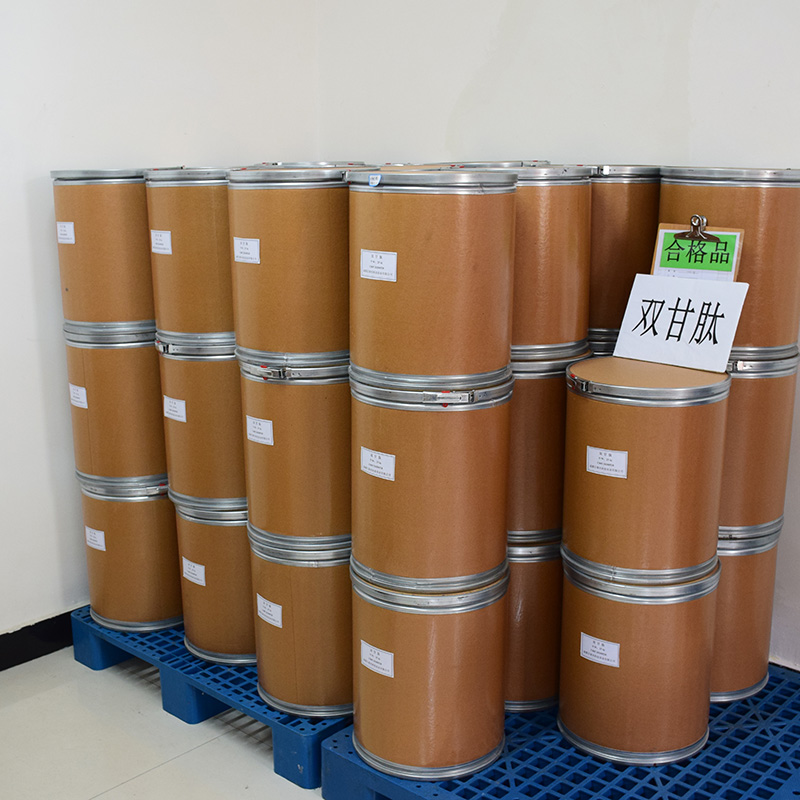Editor’s note: Contributing writer David Li offers a snapshot of current price trends for key herbicides, fungicides, and insecticides in the Chinese agrochemical market in his monthly China Price Index. Below he also explains why a red ocean of competition has turned every Chinese generic pesticide supplier into a “prisoner”.
The prisoner’s dilemma is the most representative example of a non-zero-sum game, also known as win-win, in game theory. It is a game between two arrested prisoners that illustrates the difficulty of maintaining cooperation even when it is beneficial to both parties. This theory reflects that the best choice for an individual is not always the best choice for a group. Or that in a group, individuals make rational choices but often lead to collective irrationality. Pharmaceutical Intermediatesl-Tyrosine

In China’s pesticide supply market, the red ocean of competition has turned every supplier into a “prisoner.” The productivity boundaries of the generic active ingredient (AI) (off-patent pesticide) market are being reshaped as global farmers’ willingness to pay decreases and the price of generic products gradually decreases. At the same time, the field of alternatives to generic pesticide products is also squeezing the overall value of the generic AI market.

N-Acetyltyrosine For example, the rise of biopesticides and the rapid growth of the biostimulants market further weakened the farmers’ focus on using generic pesticides. Since the first launch of genetically modified (GM) crop in the world, the market for generic AIs, represented by burn-down herbicides, mainly benefits from the promotion of GM seed. New products with multiple model action, as well as resistance traits, are emerging as new favorites in the GM seed market.